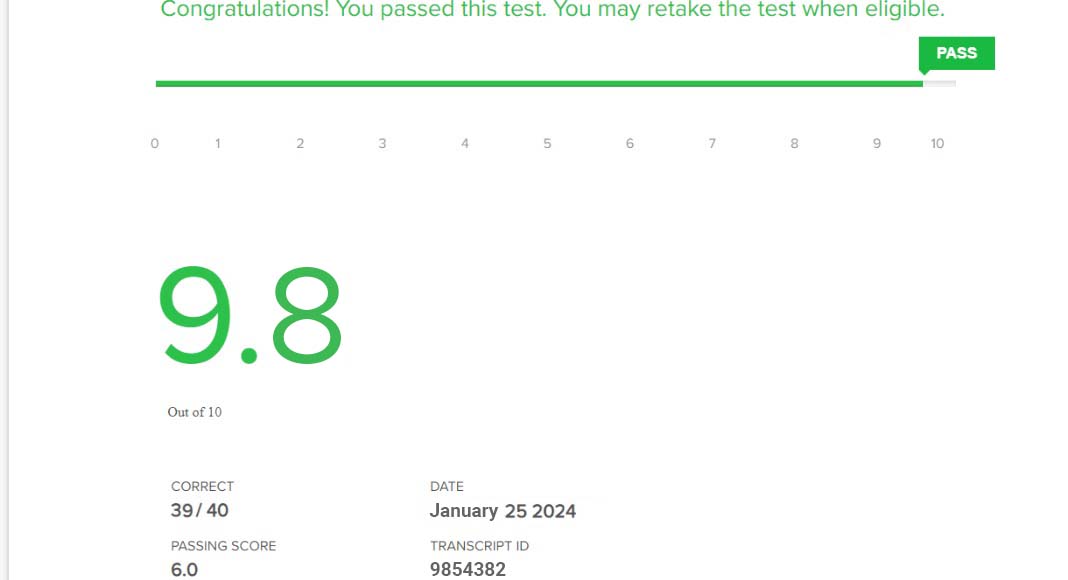The concept of academic freedom is often seen as essential to the functioning of higher education institutions. Defined by the American Association of University Professors (AAUP) as “the right to engage in teaching, research, and other forms of expression without censorship or restraint by the authorities of the institution”, academic freedom is seen as the cornerstone of a functioning university system. In this article, we will explore the various rights and responsibilities that accompany academic freedom, the challenges that higher education institutions face when trying to ensure that rights are balanced with responsibilities, and the strategies that can be used to promote both.
Rights of Faculty and Students
Free Speech
Free speech is an essential part of academic freedom. The First Amendment of the United States Constitution states that any individual has the right to express their opinions without fear of government censorship. This right of free speech is also supported by national and international laws, such as the Universal Declaration of Human Rights. It is important to note that the original intent of the First Amendment was to protect individuals from the arbitrary repression of government bodies, not to protect individuals from the criticism and debate that comes with engaging in academic discourse.
Academic Tenure
Academic tenure is a system through which universities can protect their faculty and ensure their rights are not infringed upon. Tenure allows professors to gain job security and protection from being dismissed or punished for controversial opinions. The benefits of academic tenure are two-fold, as it provides not only job security for faculty members, but it also provides universities with the confidence that faculty members will be able to engage in their research without fear of reprisal. However, there are also challenges associated with academic tenure, as it can lead to complacency and a lack of creativity in both faculty members and students.
Research
Research is a vital aspect of academic freedom. Universities have the responsibility to enable faculty members to engage in research projects of their choice, as long as they adhere to the ethical and legal standards required by the institution. Research can offer both faculty members and students invaluable opportunities for exploration, creativity, and skill development. However, universities must ensure that faculty members adhere to the ethical and legal standards set forth by the institution. Writing services, such as those reviewed by editors and reviewers like Nayeli Ellen from academichelp.net, can be a great asset to faculty members and students conducting research, as they provide a reliable source of support for the creation of research papers, theses, and other projects.
Responsibilities of Faculty and Students
Upholding Professional Standards
Faculty members and students have the responsibility to uphold the professional standards set forth by the institution. This includes adhering to the ethical and legal standards set by the university, promoting a safe and supportive learning environment, and engaging in respectful debate and discourse. In addition to abiding by the standards set by the university, faculty members and students should also be respectful of each other’s ideas and perspectives and should be open to engaging in constructive dialogue.
Respect for Others’s Ideas and Perspectives
It is important for faculty members and students to respect each other’s ideas and perspectives, regardless of how different or similar they may be from their own. This includes not only engaging in respectful debate and discussion but also respecting the opinions and views of those who may disagree with them. Respect should also be shown for those who may not be familiar with the subject matter, and those who may be coming from different backgrounds and experiences.
Fostering an Open Exchange of Ideas
The ability to engage in an open exchange of ideas is one of the primary goals of academic freedom. This means that faculty members and students should be able to express their thoughts and opinions without fear of censorship or reprisal. In order to foster an open exchange of ideas, it is important for institutions to ensure that there is a safe and supportive learning environment and that faculty members and students feel comfortable expressing their thoughts and engaging in debate and discussion.
Challenges to Academic Freedom
Funding and Endowments
Higher education institutions rely heavily on funding and endowments in order to carry out their mission. Unfortunately, cuts to funding and endowments can have a significant impact on the ability of universities to provide a safe and supportive learning environment, and can even hinder the ability of faculty members to engage in research. It is important for universities to explore alternative sources of funding in order to ensure that their mission is not hindered by budget cuts.
Political Interference
Political interference is another major challenge facing higher education institutions. This interference can come in many forms, such as attempts to censor faculty members who hold controversial opinions, or attempts to influence the hiring and promotion of faculty members. Political interference can have a detrimental effect on academic freedom, as it can hinder the ability of faculty members and students to engage in debate and discussion, and can even lead to the suppression of minority ideas and opinions.
Issues of Equity and Inclusivity
The issue of equity and inclusivity is another major challenge facing higher education institutions. This includes issues such as gender equity, racial equity, and the inclusion of students from a variety of backgrounds and experiences. These issues can have a significant impact on the ability of students and faculty members to engage in open discourse and debate, as it can lead to a sense of discomfort and exclusion.
Strategies for Balancing Rights and Responsibilities
Establishing Clear Policies and Guidelines
In order to ensure that rights and responsibilities are balanced, it is important for universities to establish clear policies and guidelines. These policies should outline the various rights and responsibilities of faculty members and students and should be clearly communicated to both faculty members and students. It is also important for higher education institutions to ensure that these policies are followed, as this will ensure that faculty members and students are able to engage in open discourse and debate without fear of reprisal.
Encouraging a Positive and Supportive Educational Environment
It is also important for universities to encourage a positive and supportive educational environment. This includes fostering an atmosphere of respect and inclusivity and creating clear expectations for faculty members and students. Universities should also ensure that faculty members and students are given the resources they need to engage in open discourse and debate, as this will ensure that all voices are heard and respected.
Developing Respectful and Inclusive Practices
Finally, it is important for higher education institutions to develop respectful and inclusive practices. This includes developing policies and guidelines that promote the inclusion of students from all backgrounds and experiences, and ensuring that faculty members and students feel comfortable expressing their opinions and engaging in debate and discussion. It is also important for universities to ensure that these practices are implemented and enforced, as this will ensure that faculty members and students are able to engage in open discourse and debate without fear of reprisal.
Conclusion
The concept of academic freedom is essential to the functioning of higher education institutions, as it provides faculty members and students with the ability to engage in open discourse and debate without fear of reprisal. However, it is important for higher education institutions to ensure that rights are balanced with responsibilities, as this will ensure that faculty members and students are able to engage in open discourse and debate without fear of censorship or reprisal. In order to achieve this balance, universities must establish clear policies and guidelines, encourage a positive and supportive educational environment, and develop respectful and inclusive practices. By doing so, higher education institutions can ensure that faculty members and students are able to engage in open discourse and debate without fear of reprisal, and can continue to foster a culture of academic freedom.












































